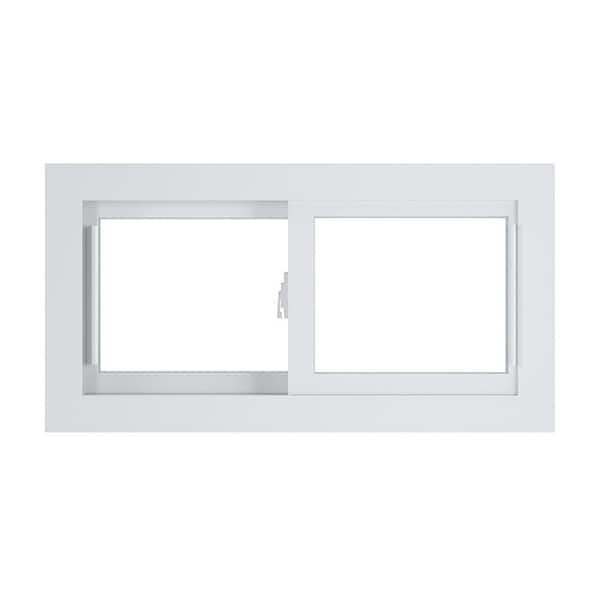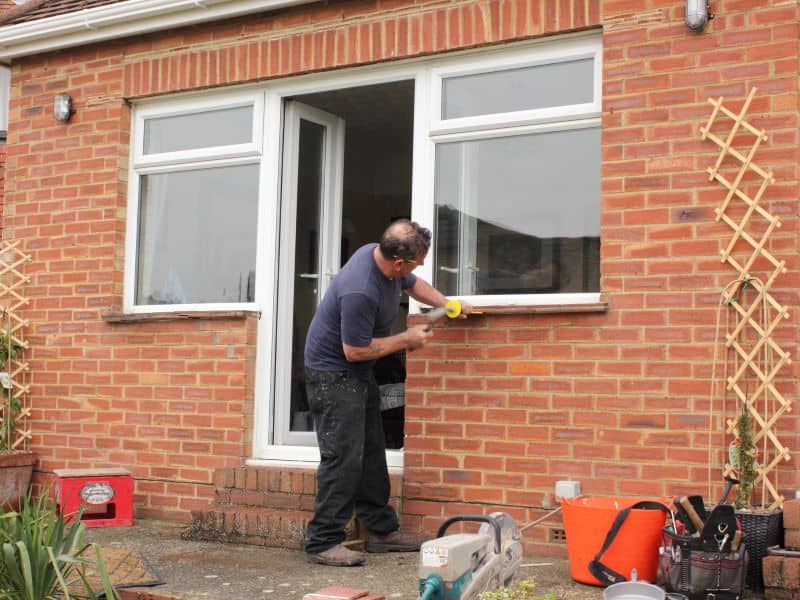Update Your Home with Houston Pella Windows Installment
Update Your Home with Houston Pella Windows Installment
Blog Article
Upgrade Your Home With Energy-Efficient Window Substitutes
In the realm of home renovation, the choice to update to energy-efficient window replacements can considerably influence both the performance and aesthetic appeals of a home (Houston Pella windows). As property owners seek methods to boost the effectiveness and sustainability of their space, the option of home windows plays an essential function in attaining these goals. Past the surface degree of plain aesthetic appeals, energy-efficient windows provide a multitude of advantages that go beyond mere curb allure. With a careful choice procedure that takes into consideration various factors, from glass types to setup methods, beginning on this home upgrade trip can prove to be a transformative endeavor.
Advantages of Energy-Efficient Windows

The setup of energy-efficient windows gives significant cost savings on utility costs while enhancing environmental sustainability. Furthermore, energy-efficient windows can assist regulate moisture degrees within the home, minimizing the danger of mold and mildew and mildew development.
Beyond the economic advantages, energy-efficient windows contribute to ecological sustainability by lowering carbon exhausts associated with energy manufacturing. On the whole, spending in energy-efficient windows not just improves the comfort and effectiveness of a home yet also lines up with eco aware practices.
Kinds Of Energy-Efficient Glass
Different innovative kinds of energy-efficient glass offer special buildings that accommodate various requirements and preferences in improving the sustainability and performance of structures. Low-emissivity (Low-E) glass is a prominent option designed to reduce the quantity of ultraviolet and infrared light that can pass via the glass, thus minimizing heat transfer. This sort of glass aids maintain a regular indoor temperature, lowering the requirement for heating or cooling down systems, and eventually lowering power expenses. An additional ingenious option is spectrally selective glass, which permits visible light to travel through while obstructing certain kinds of infrared radiation. This aids in preserving a comfortable indoor environment while minimizing warmth gain. Triple-pane glass, being composed of 3 layers of glass with protecting gas between them, offers enhanced thermal insulation, making it very energy-efficient. In addition, self-cleaning glass with a special finish that damages down and loosens up dust when subjected to sunlight can reduce maintenance requirements and keep windows looking clean. Each type of energy-efficient glass uses distinct benefits, allowing homeowners to pick the most suitable option based on their specific needs and objectives.
Variables to Consider When Choosing
When considering energy-efficient home window substitutes, it is essential to carefully analyze particular factors that align with your sustainability goals and preferred energy financial savings. One crucial factor to think about is the home window's power efficiency scores, such as the U-factor and Solar Warm Gain Coefficient (SHGC) The U-factor procedures exactly how well the window protects, with lower numbers showing far better insulation, while the SHGC shows the home window's capacity to obstruct warm from sunlight. Additionally, the window structure product plays a significant role in power efficiency. Materials like fiberglass, vinyl, or wood with thermal breaks are outstanding choices for lowering why not try these out heat transfer. One more vital factor to consider is the window design and alignment worrying sunlight exposure. Picking the right home window style and strategically positioning them can optimize natural light while reducing heat gain or loss. Lastly, installation quality is essential to guaranteeing the windows perform as planned. Correct installment aids avoid air leakage, guaranteeing ideal power performance. By thoroughly assessing these variables, you can select energy-efficient windows that boost comfort, reduce power expenses, and profit the atmosphere.
Installation and Maintenance Tips

Routine upkeep is crucial to preserving the efficiency of your energy-efficient windows. Examine the home windows periodically for any type of signs of damage, sealant, or wear damage. Clean the structures, tracks, and glass routinely using mild soap and water to remove dust and crud that can impact performance. Examine the weather-stripping and seals for any kind of rips or spaces and replace them if required to maintain the home windows' energy efficiency.
On top of that, lube relocating components such as locks and joints to guarantee smooth procedure. By adhering to these installment and maintenance suggestions, you can enhance the power effectiveness of your home and extend the life expectancy of your energy-efficient home windows.
Cost-Benefit Evaluation of Updating

Energy-efficient windows are designed to minimize heat transfer, lowering the demand for home heating and cooling systems to work overtime. This can bring about substantial cost look at these guys savings on energy bills, especially in areas with extreme temperature levels. Additionally, energy-efficient windows can boost the total worth of your home, making it extra eye-catching to potential buyers if you make a decision to offer in the future.
When calculating the cost-benefit evaluation, consider the prospective savings on power bills, any kind of offered incentives or discounts, and the lifespan of the home windows. While the preliminary price may be higher, the long-lasting savings and advantages of energy-efficient windows make them a wise investment for home owners seeking learn the facts here now to improve their residential or commercial property's power effectiveness and value.

Conclusion
In final thought, updating to energy-efficient window substitutes supplies many benefits such as minimized energy usage, enhanced convenience, and cost savings. By choosing the ideal kind of energy-efficient glass and considering factors like frame material and installation, property owners can make best use of the performance of their home windows.
When pondering energy-efficient home window substitutes, it is vital to very carefully examine certain aspects that line up with your sustainability purposes and wanted energy savings. The U-factor steps exactly how well the home window shields, with reduced numbers showing better insulation, while the SHGC suggests the window's ability to block warmth from sunshine. By meticulously assessing these factors, you can choose energy-efficient home windows that boost comfort, minimize energy prices, and profit the environment.
While energy-efficient windows might have a higher upfront price contrasted to conventional home windows, the long-term advantages frequently surpass the preliminary financial investment.In conclusion, upgrading to energy-efficient home window substitutes offers various benefits such as decreased power intake, boosted comfort, and cost financial savings.
Report this page